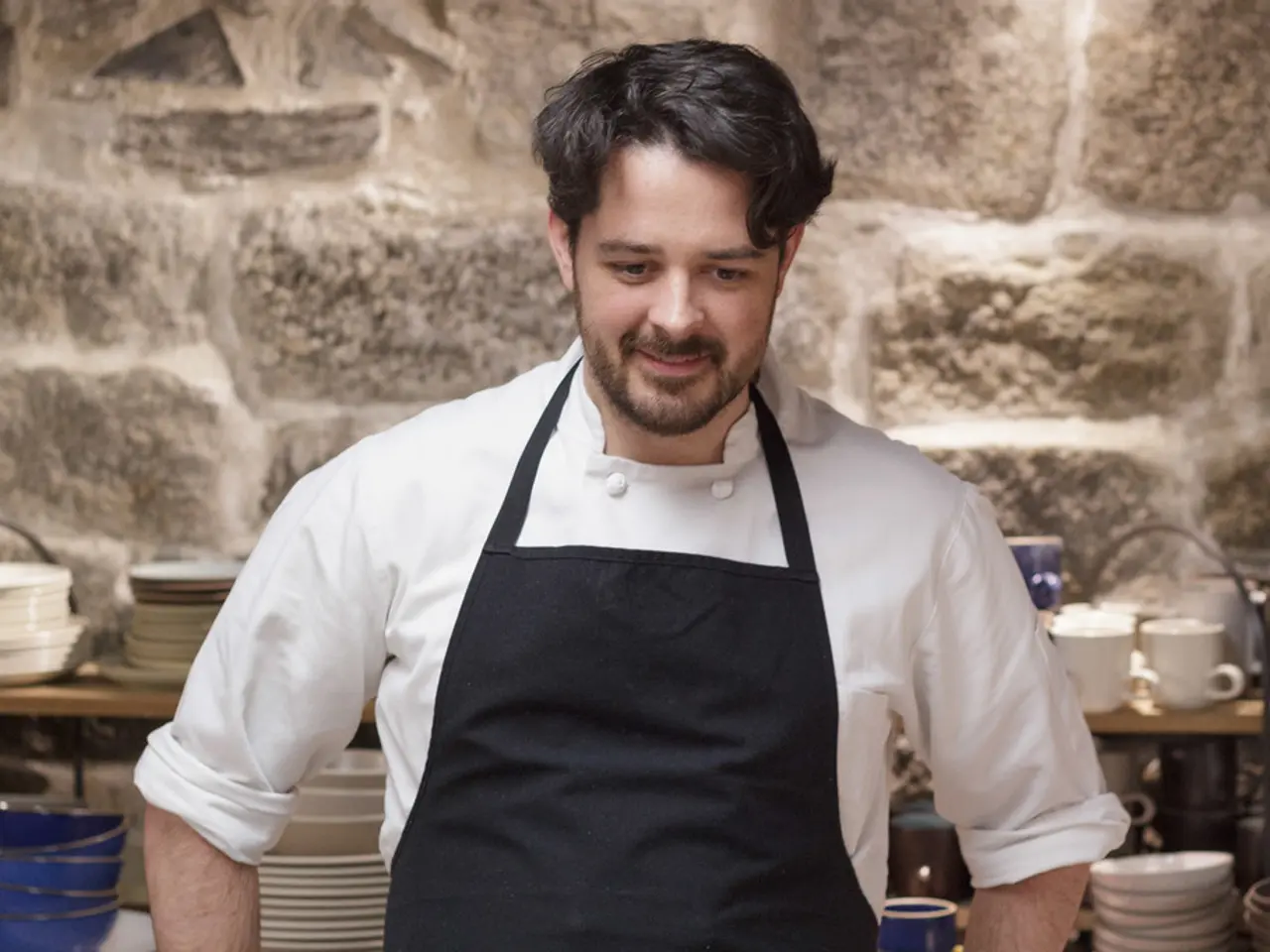In Alonso Ruizpalacios' latest production, 'La Cocina' presents a vibrant mixture of modern culture within a disorderly kitchen setting.
In the gritty, high-pressure world of a New York City restaurant, Mexican director Alonso Ruizpalacios' latest film, La Cocina, delves deep into the sociopolitical challenges faced by immigrants in contemporary America. The film, set in a fictional Times Square eatery called The Grill, sheds light on issues such as illegal immigration, the dehumanizing nature of capitalist labor, and the pursuit of the American Dream under harsh conditions.
The kitchen of The Grill serves as a microcosm for the immigrant experience, portraying the grueling work environment faced by mostly undocumented workers from South America, the Caribbean, and North Africa. The workforce, predominantly female and largely but not solely white, toils tirelessly to meet the demands of the restaurant, their personal struggles and desperation mirroring the broader societal challenges they face.
At the heart of the film is the romance between characters Estela and Pedro, two immigrants navigating their way through the complexities of life in America. Estela brings Pedro old photographs and hoja santa leaves from his mother's garden in Puebla, offering a poignant reminder of the lives they left behind.
The film's symbolism is subtle yet powerful. The use of cherry Coke, a staple of American consumer culture, represents the all-American facade—a glossy, sweet, familiar image that masks the harsher realities faced by immigrants and workers behind the scenes. This symbolism functions as a metaphor for appearances that hide systemic issues, highlighting the gap between perception and reality in the immigrant experience within the U.S.
Max, a character in the film, dons an armour-like apron in his uniform, hinting at career aspirations less readily available to those around him. This element serves as a reminder of the barriers and obstacles that immigrants often face in their pursuit of success in America.
La Cocina is a reworking of Arnold Wesker's 1957 play, "The Kitchen." Shot in black and white, the film lends it a clever atemporal quality, allowing the issues it explores to resonate across generations. The film is directed by Alonso Ruizpalacios, a testament to his commitment to telling compelling, thought-provoking stories.
In essence, La Cocina is a poignant exploration of the immigrant experience in America, critiquing the capitalist system by showing how immigrants are often exploited as mere means to an economic end. The film serves as a powerful reminder of the disparity between the marketed optimism of the American Dream and the exploitative, often brutal socio-economic conditions that immigrants endure.
Read also:
- Roosting Shark and Rambunctious Red Squirrels: Unconventional House Rental in Yorkshire Involving Aquatic Marvel, Squirrely Mayhem, and Mystical Planning Regulations
- "Primal instincts at play: Subnautica 2 designer notes our affinity for weapon-making stems from a fundamental desire for protection and sustenance"
- Dragon Age series might find a promising future with remasters, according to ex-BioWare producer Mark Darrah, but it seems unlikely that EA and BioWare possess the capability for such undertakings at present.
- In Verdansk, the dominance of automated systems in Warzone is causing an integration with Stalker, leading to a blurring of lines in the user's mind.








